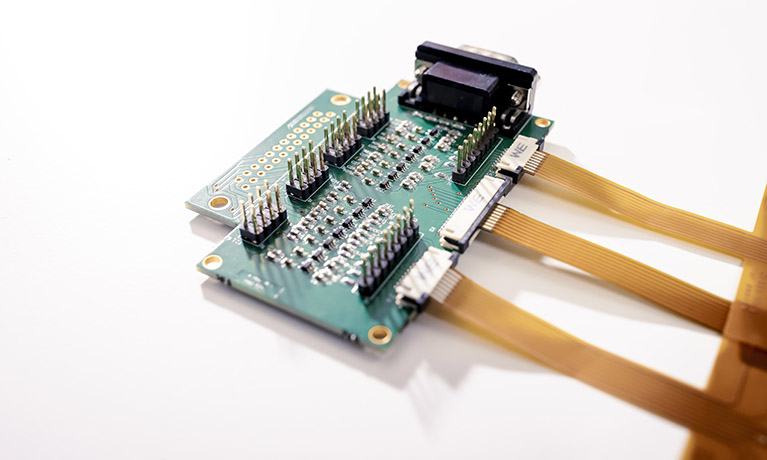Search
Coventry University part of consortium to develop next-generation battery technologies

Monday 19 June 2023
Press contact
Coventry University is playing its part in a €5.7million project aiming to develop a new class of self-healing batteries.
The university’s Centre for E-Mobility Research (CEMR) is one of 10 organisations from six European countries to have joined forces and secured the significant funding under the umbrella of the Horizon Europe Programme.
While currently generation lithium-ion (Li-ion Gen 3) chemistries dominate the market for rechargeable batteries, future generations of chemistries offer promising step-changes and improvements.
HEALING BAT will focus on developing and implementing self-healing concepts and materials in key components, used in lithium-sulfur (Li-S) batteries, and extrapolate the designs and concepts to develop a new technology.
The project will create a toolbox consisting of new materials, relevant sensors, and bespoke management systems, with the aim of maximising the performance of the developed cells in terms of quality, reliability, and lifetime. The ultimate purpose is to control the flow of energy to and from the system, monitor any errors and apply corrective actions when necessary.
Stefan Palzer, project co-ordinator at the Technical University of Dortmund, who hosted the project’s kick-off meeting earlier this month, said:
HEALING BAT will play its part in transforming Europe’s battery industry towards a more sustainable, more competitive future role.
Stefan Palzer, Technical University of Dortmund
Researchers from CEMR will lead on the development of sensor instrumentation and communication electronics as part of a team to create the smart batteries. In addition, the effect of the self-healing process on the battery performance will be characterised using both sensor data and model outputs.
By seamlessly integrating sensing and self-healing functionalities at the cell level, we unlock the potential to create cells that exhibit heightened quality, enhanced reliability, and extended cycle life. This research looks to empower cells to perform optimally even in challenging non-ideal conditions.
Dr Joe Fleming, Centre for E-Mobility and Clean Growth (CEMR), Coventry University
Find out more about research at CEMR.
About the consortium
The project consortium is formed by 10 partners from 6 different European countries, co-ordinated by the Professorship for Sensors at TU Dortmund (DE). The other collaborators are technology innovation catalyst, CPI (UK), Coventry University (UK), Helmholtz-Zentrum Berlin (DE), TU Delft (NL), Paul Scherrer Institute (CH), IDNEO (ES), Fundació Institut de Recerca en Energia de Catalunya (ES), FI Group (PT) and SupraPolix (NL).
About Horizon Europe
With a budget of €95.5 billion for the period 2021-2027, Horizon Europe is currently the main funding programme of the European Union for research and innovation projects. While supporting R&D&I and strengthening the European Research Area, the programme also aims to prevent climate change, contribute to achieving the United Nations’ Sustainable Development Goals (SDGs) and boost Europe’s competitiveness and growth.




